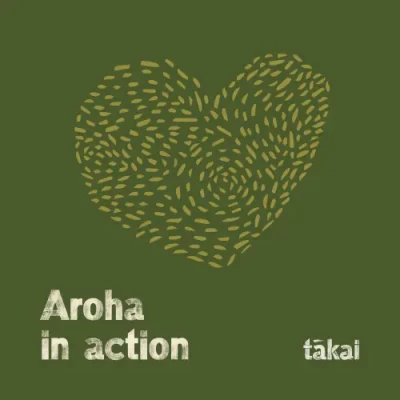
Sexualised behaviour
Just as babies find and play with their hands and feet, so they’ll find and play with their genitals. As they get older they’ll enjoy being naked and become interested in other people's bodies.
Whānau may bring up something about their child’s behaviour that concerns them. Or you may notice something on a visit to whānau that could lead you into a conversation about sexualised behaviour.
You'll be able to help whānau deal with their feelings if you're familiar with what is normal and healthy, what the possible problem behaviours are, and what behaviours are concerning.
Normal behaviours
These behaviours are transient and occasional, and tamariki can be distracted from them.
- Touching the genital area or masturbating in public or in private.
- Looking at or touching the genital area of children the same age or new siblings.
- Showing their genitals to their peers – "I’ll show you mine if you show me yours".
- Showing an interest in seeing adults naked.
Encourage whānau to respond to these behaviours calmly. If they do, the child will likely be easily distracted or redirected. When the adult is calm, it is easier to remind the child that this behaviour is something people do in private and not in public.
Possible problem behaviours
- Touching the genitals of non-peers.
- Imitating adult sexual movements.
- Sexualised behaviour that is disruptive to others.
- Sexualised behaviour that is more difficult to distract children from.
Concerning behaviours needing intervention
- Aggressive sexual behaviour.
- Any use of force or coercion.
- Causing distress or physical pain to others or harm to themselves.
- Simulating adult sexual acts.
- Sexual behaviours between children of a wide age range.
- Behaviour that occurs frequently and children are not able to be, or resist being, redirected or distracted away from it.
Seek help from a trusted health professional straight away if a child shows or experiences any of these concerning behaviours.
Promoting healthy sexuality
These strategies can help whānau grow healthy attitudes towards matters like nudity or sexuality.
Use the correct names for body parts
Many families have ‘family names’ for genitals, but we don’t usually have special names for our other body parts. Knowing the correct names is helpful when we have to talk about genitals to someone outside the whānau, like the doctor.
Work out what whānau consider private
For example, what are their attitudes to nakedness, both at home and in other places? Support parents to develop guidelines that are in line with their values.
Help children know what to do if someone tries to touch their private parts
A simple way to explain this is that it’s not okay for others to touch any part of our bodies covered by our swimming togs. If anyone tries to do this, tamariki need to say "No!" and tell a trusted adult straight away.
Be aware of what children see on screen
Put boundaries on unsuitable material. Tamariki may not say if they’ve seen anything inappropriate, especially if they sense it was not okay.
Don’t force children to be kissed or cuddled by anyone
Respect a child’s views about who they want to kiss or cuddle and who can kiss or cuddle them. Tamariki need to know they and others can say no to unwelcome touching – a fundamental aspect of consent.
Children will ask questions
Be ready to talk honestly with them, as you would for any other question a curious child comes up with.
Stay calm, even if what’s going on is worrying
Losing the plot or freaking out is never a good idea. Parents who can stay calm keep the avenues for communication open. Know where to turn for help.
Conversation ideas
Helpful resources for whānau
-
Talking to your young child about sex
HealthyChildren.org
When your child is ready to ask you about sex, as a parent you should be ready to answer. This article outlines questions to expect and ways to respond.
 pdf 5 MB
pdf 5 MB











